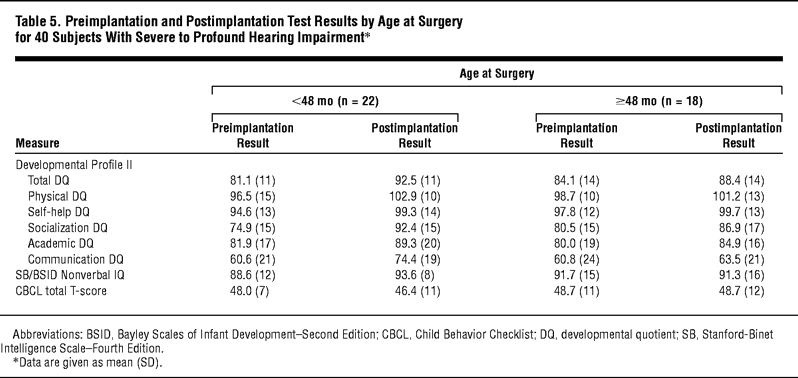The best numbers are from the people who study this empirically. That means you're up for scholarly papers and the like.
There's a classic resource that will return a bunch of scholarly papers. Check this for a bunch of research over many, many journals and other sources:
Google Scholar
If you want to get get into the smaller circles (you'll miss content in other journals but this is pretty specialized), Oxford University Press publishes the Journal of Deaf Studies and Deaf Education:
Oxford Journals | Medicine | Jnl. of Deaf Studies and Deaf Education
There are many things you can do with these links. Here are two that you might benefit from.
- The first and most obvious is that you can search for scholarly papers and studies that might answer your question.
- The second is even more powerful. If you look at the header of any peer-reviewed scholarly article, you'll notice they publish the e-mail of the (or an) author. Right there you can contact the people who are at the front lines. They'll have a lot of information to give you.
Most scholars are pretty friendly people, so you shouldn't have too much trouble. A bit of advice: one academic I wrote to some time ago told me that "Flattery will get you everywhere!" 



 that's funni, sorry.
that's funni, sorry.
